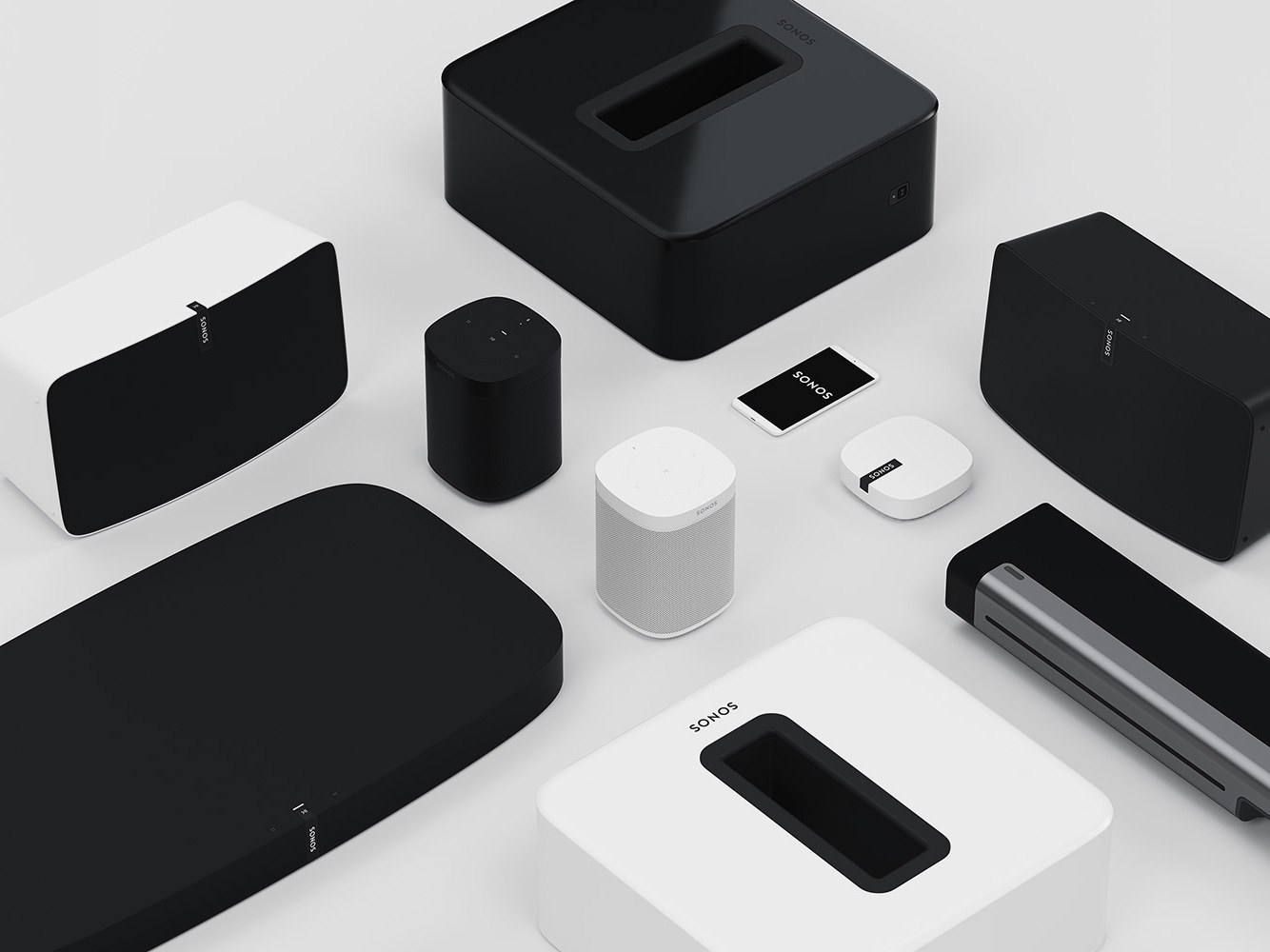Why Sonos Has To Sell The Disease Before Selling The Cure

Playing music out loud in the home has real mental health benefits. But first, people need to know that there's a problem to be solved, says the top brand executive at Sonos.
The smart speaker brand recently launched its latest campaign, "Wake up the silent home", which is showing in cinemas in the UK.
The campaign, created by Anomaly New York, aims to tackle the "silent home", says Dmitri Siegel, vice-president global brand. This refers to the phenomenon in which homes have little or no shared sound, thanks to the proliferation of personal devices.
It follows a major piece of research last year, "Music makes it home", which set out to demonstrate the impact of listening to music out loud.
"We proved there was all this benefit to listening to music out loud and it would really make your life better in all sorts of quantifiable ways," Siegel says.
While the benefits of this message to the brand were obvious, there was an issue to overcome: it was offering a solution to a problem people didn’t know they had.
"What you’ll see as the work rolls out is that we’re always presenting problem and solution in some balance," Spiegel says.
"One of our biggest impediments is that people are complacent about this – it’s not like people are walking around thinking ‘I need to listen to more music’.
"So the next question was, why aren't people doing it? What’s happening in our culture and society that’s made our homes go silent? And we started to see that all these forces come into play – hyper scheduling, the impact of technology. They all get compressed in the home."
So the challenge of the current campaign was to paint a picture for consumers of what Siegel calls a "social disease": the depressing consequences of a lifestyle in which music and soundtracks are largely confined to headphones.
The result was the idea of the silent house, a slightly spooky, disconcerting environment with a hint of Black Mirror about it.
"People put so much time and money into their homes, but then they don’t even experience it," Spiegel laments. "There’s a huge amount of distraction. And we ask for it."
But he says he is optimistic about helping to tackle this detrimental aspect of contemporary life, because "our culture created it", and so, he believes, our culture can move beyond it.
Unsurprisingly, he has high hopes for the potential of voice control to take us out of our self-involved worlds, focused on our individual devices. It’s an "incredible control paradigm shift," he says.
"We’re obsessed with how fast you can get music playing, and this is a step change. It’s about speed and the naturalness of it, how natural it is to ask a question. And in almost every category, people are seeing that step change with voice."
